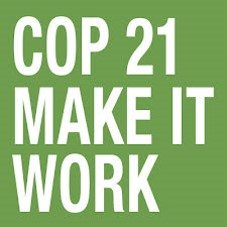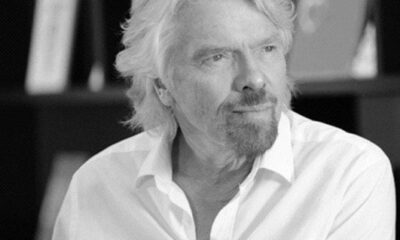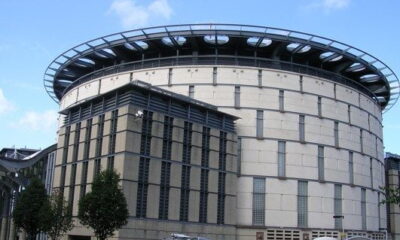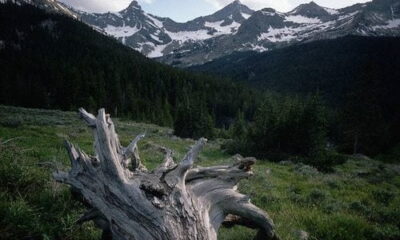

Economy
Stefanie O’Gorman of Jacobs on Natural Capital
This month, Stefanie O’Gorman, Director of Sustainable Economics at Jacobs, will be attending the 2015 World Forum on Natural Capital in Edinburgh (23-24 November) where she is speaking about how an ecosystem services assessment was used as part of the evidence base for the Airports Commission within the stream ‘Understanding and Managing Risk’.
Natural capital: five things every developing financial business needs to know
1) Be clear about what Natural Capital is: Natural Capital can be defined as the world’s stocks of natural assets which include geology, soil, air, water and all living things. It is from this Natural Capital that humans derive a wide range of services, often called ecosystem services, which make human life possible (source World Forum).These services might be considered the interest from the capital. If we degrade the stock, the value of the stock goes down and the interest we make reduces.
2) Do not underestimate its importance: The World Economic Forum continues to recognise the global environmental risks in the top 10 Global risks – failure of climate change adaptation, biodiversity loss and ecosystem collapse, extreme weather events, natural catastrophes and man-made environmental catastrophes, however it is on addressing these risks that the least progress has been made over the past 10 years. Natural Capital plays a part in the reduction of these risks currently, and its inclusion in decision-making offers us an opportunity to start tackling these risks head on.
3)Understand the relationship of your business to natural capital: that could be where your raw materials come from; how water plays a part in your production cycles or those of your supply chain; how your employees or customers depend on the natural capital around them; or how these questions apply to your investment portfolio.
4) Understand your exposure to risk in this regard: how resilient are your manufacturing sites or your infrastructure to environmental change or natural catastrophes; how dependant are your supply chains to crops sensitive to climatic change; what are the downstream raw materials upon which your business depends; what areas of the globe do you operate and where are these risks more pronounced and ultimately how might these link to wider economic or societal risk such as social instability or the spread of infectious diseases? Is your business or your investments exposed to the risk of stranded assets where environmentally unsustainable assets suffer from unanticipated or early write-offs, downward revaluations or are converted to liabilities? While issues associated with natural capital (such as climate resilience and water scarcity) maybe only one of the issues at play here, these risks are commonly poorly understood and are regularly mispriced.
5) Know that making a decision informed by considerations relating to natural capital not only makes good environmental sense, it makes good business sense. By identifying value and recognising and managing risk you may realise additional opportunities.
The second World Forum on Natural Capital will take place in Edinburgh on 23-24 November 2015. Bringing together business leaders, government representatives and environmental experts from around the globe, the event will examine the most up-to-date developments in this rapidly evolving field, with a focus on managing risk and driving innovation. More information about natural capital can be found here.
Bookings for the World Forum are now open and reduced-rate Early Bird tickets can be purchased here.
Jacobs, with annual revenues of nearly $13 billion, is one of the world’s largest and most diverse providers of technical, professional, and construction services. Jacobs offers full-spectrum support to industrial, commercial, and government clients across multiple markets and geographies. Jacobs has operations in 250+ locations across more than 35 countries, and employs some 63,000 people worldwide.


 Environment12 months ago
Environment12 months agoAre Polymer Banknotes: an Eco-Friendly Trend or a Groundswell?

 Features11 months ago
Features11 months agoEco-Friendly Cryptocurrencies: Sustainable Investment Choices

 Features12 months ago
Features12 months agoEco-Friendly Crypto Traders Must Find the Right Exchange

 Energy11 months ago
Energy11 months agoThe Growing Role of Solar Panels in Ireland’s Energy Future




























